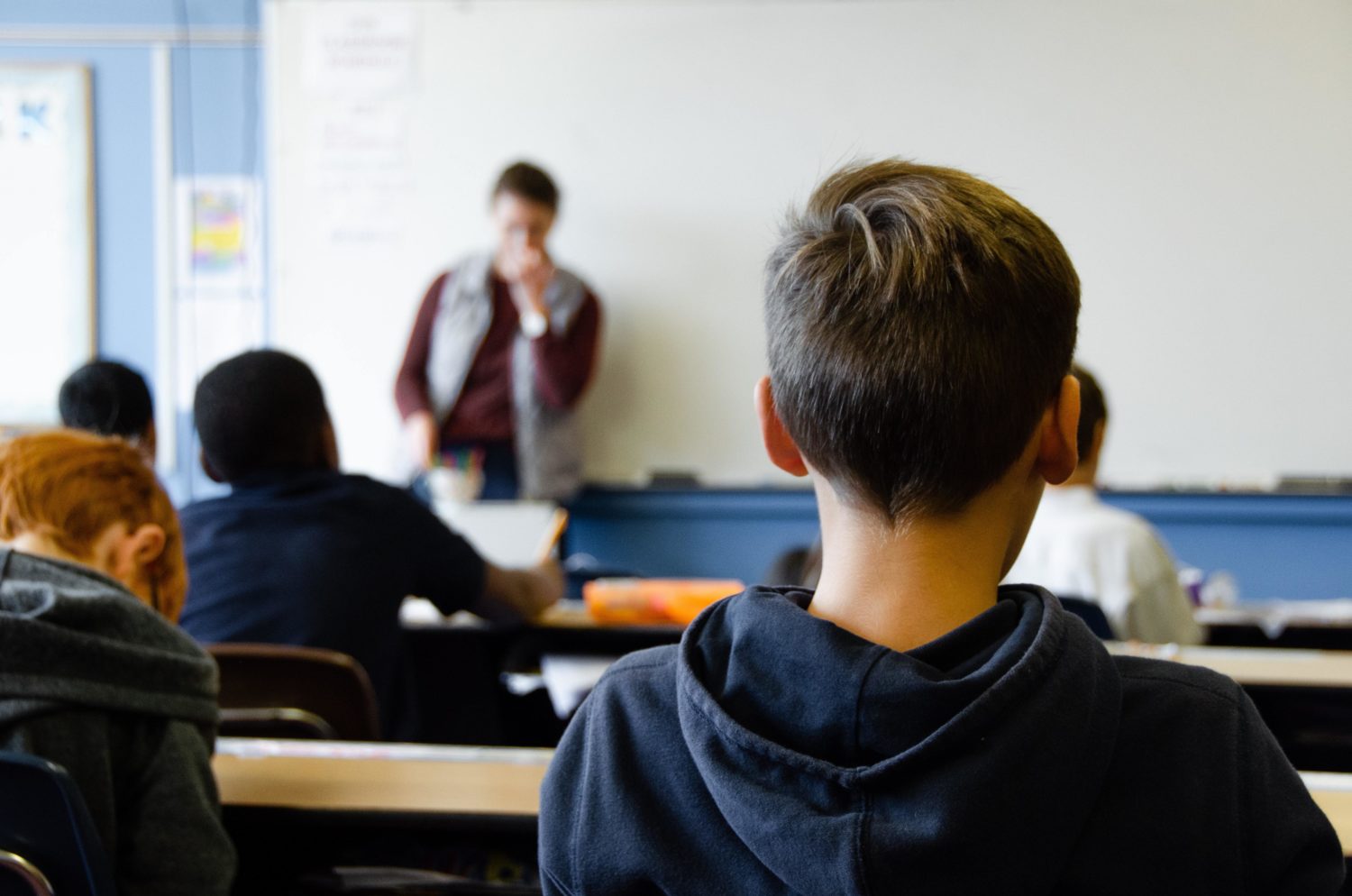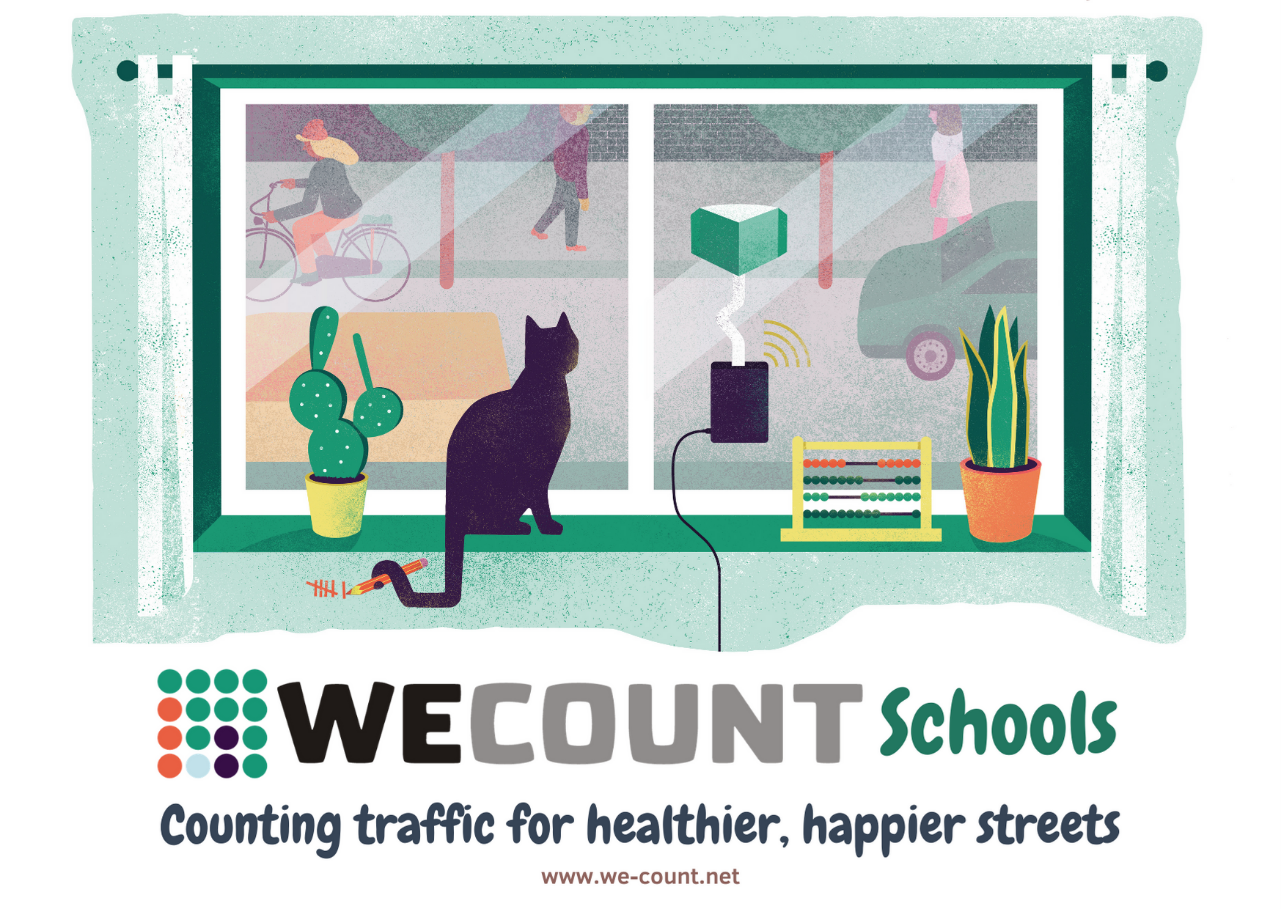
Empowering pupils with data for sustainable school streets

Covering a wide range of subjects children can learn about the grand challenges’ cities face concerning urban travel, and the steps they can take collectively to make their school streets, and cities, safer, healthier and happier. The resources are free to use by any school, however if you are in the UK your participation will also afford you points towards Modeshift STARS Travel Plan accreditation.
This collaborative project is coordinated by UWE researchers from the Science Communication Unit. Project manager Laura Fogg-Rogers explains why these resources are so important:
“Road transport is a leading cause of air pollution and climate change within Europe. For our cities to become net zero-carbon emissions by 2030, the date which scientists warn is the cut-off point to keep global warming below 1.5°C and prevent runaway climate change, drastic changes need to be made to every aspect of life, not least driving. WeCount sensors and associated school resources are one piece of the puzzle in helping citizens to create the changes they wish to see. “
What is WeCount?
WeCount is a project that equips households, community centres and schools with low-cost traffic sensors to count cars, bikes, pedestrians and heavy vehicles, as well as the speed of cars. Over time, citizen scientists can observe trends and use the evidence to lobby for changes on their roads. Among the successes with WeCount data so far, citizens across Europe have convinced their councils to install speed cameras and reduce road speeds, and consider bike lanes and pedestrianisation, spread awareness among residents and contributed to consultations on new housing developments. The projects new suite of educational resources can be delivered with or without a Telraam.

How do we get involved?
Primary resources are freely available here. Secondary due for release later this month. Email engineeringourfuture@uwe.ac.uk if you would like to be sent a Secondary pack directly to your school when available.
If your school is based in the West of England, you can apply to win one of 10 Telraam sensors, by applying to the above address by 8th October. Alternatively, you are also able to buy all of the components required for the sensor at PiHut. For more details on the equipment you need, see here.
What’s inside the primary pack?
A whole school assembly + 15 curriculum-linked worksheets, with instructions and PowerPoint slides for teachers, covering Geography, IT, Maths, Science, Art and English, Design and Technology. These include tasks to: collect and analyse data; understand different urban travel views; design a bike for the future; vision a healthier, happier school street; and persuade the mayor to consider your proposals.
Lessons can be delivered independently or combined for after-school clubs or themed curriculum
What’s inside the secondary KS4 pack?
A whole school assembly + 10 curriculum-linked worksheets, with instructions and PowerPoint for teachers, covering nearly all GCSE subjects – Geography, Computer Science, Maths, Science, Citizenship and English, Design and Technology, History and Engineering. These activities include tasks to: learn about the influence of powerful actors on the proliferation of the car; collect and analyse data; explore the science behind the sensors; debate the role of AI in solving the climate crisis; research local travel issues and viewpoints; design interventions and deliver action projects; creatively write about their experiences.
Lessons can be delivered independently or combined for after-school clubs or themed curriculum